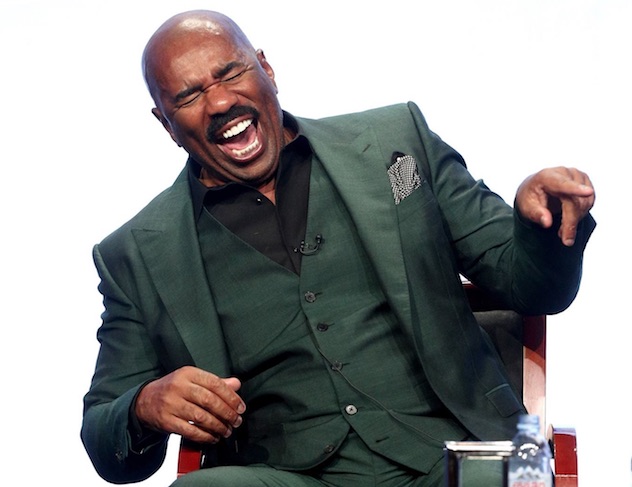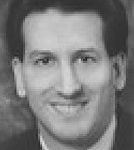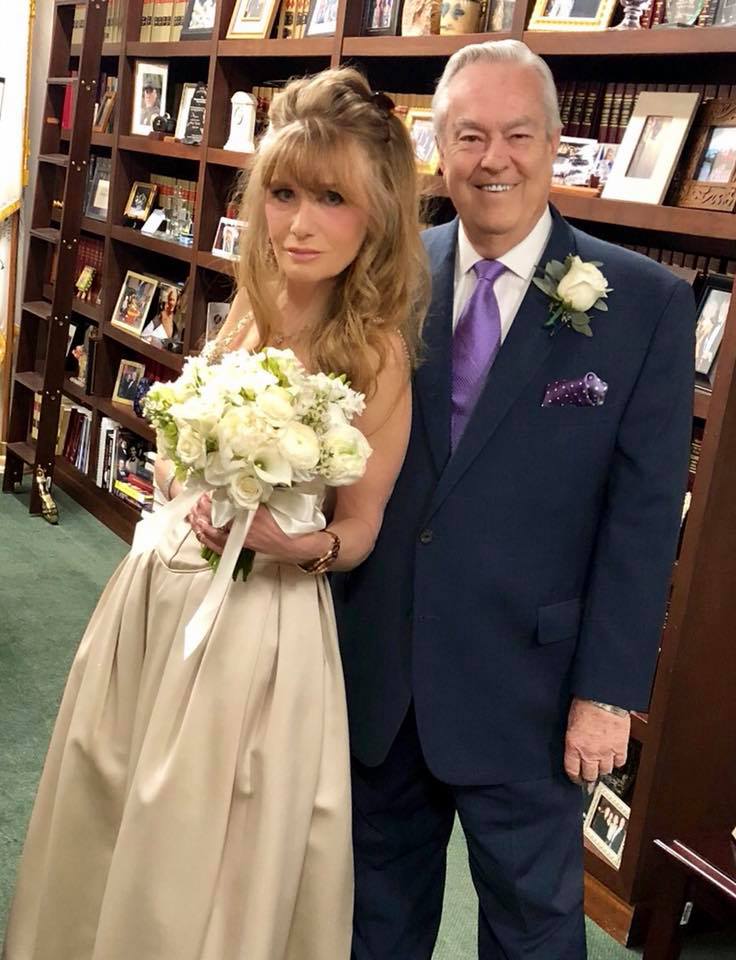One last look back at the biggest stories of the year on the Chicago media beat:
After five years in Chicago Steve Harvey packed up his syndicated talk show in May and headed out to Los Angeles. But not before I posted an embarrassing email Harvey had written earlier to his staff, warning them not to approach him. “My security team will stop everyone from standing at my door who have the intent to see or speak to me,” it read in part. “Do not approach me while I’m in the makeup chair unless I ask to speak with you directly. . . . Do not wait in any hallway to speak to me. I hate being ambushed. Please make an appointment. I promise you I will not entertain you in the hallway, and do not attempt to walk with me.” Harvey never apologized for the memo, which immediately went viral and prompted a torrent of tweets mocking him. Headlined the New York Post: “Steve Harvey is pretty much a jerk.”
The longest running media mystery of the year ended with the breakup of the most successful morning team in Chicago radio history. Kathy Hart never publicly explained why she stopped showing up for work in April. But by the time Hubbard Radio severed ties with her in September, fellow Radio Hall of Famer Eric Ferguson proved he didn’t need a partner to keep WTMX FM 101.9 at the top of the ratings. After 21 years (and countless billboards all over town), “The Eric & Kathy Show” morphed into “Eric in the Morning with Melissa & Whip” without missing a beat.
Tronc chairman Michael Ferro came thisclose to owning the financially distressed Chicago Sun-Times and the Chicago Reader for a second time before the U.S. Justice Department stepped in. With encouragement from the antitrust division, an investor group led by former Chicago Alderman Edwin Eisendrath and backed by organized labor bought the daily newspaper and alternative weekly in July. The move preserved the Sun-Times as an independent voice — and kept it out of the hands of the Chicago Tribune. “It was bashert,” Eisendrath told me, using the Yiddish word for “destiny.”
Joe Ricketts, billionaire patriarch of the family that owns the Chicago Cubs, abruptly pulled the plug in November on DNAinfo, his network of local news sites including DNAinfo Chicago and Chicagoist. The move put 115 journalists out of work and shut down a vital source of community news overnight. What made Ricketts walk away after funding the unprofitable enterprise for eight years? One week earlier newsroom employees in New York had voted to unionize. “It is my observation that unions exert efforts that tend to destroy the Free Enterprise system,” Ricketts had said. As media critic Michael Miner noted: “I suppose Ricketts felt shutting down DNAinfo was a small price to pay to preserve the free enterprise system.”
Sinclair Broadcast Group, the largest owner of local television stations in the country, announced plans in May to acquire Tribune Media, parent company of WGN-Channel 9 and WGN AM 720, in a $3.9 billion deal. The specter of Sinclair mandating pro-Trump administration news coverage and injecting conservative editorials and features as “must runs” on all of its stations troubled employees and public interest groups alike. With the transaction on track to be finalized in 2018, ownership of WGN will shift to Baltimore-based Sinclair, and 93 years of history will come to an end for “Chicago’s Very Own.”
City Colleges of Chicago ended the 34-year run of WYCC-Channel 20 in November. What began with the prospect of a $474 million windfall in a government-sponsored auction of the broadcast television spectrum wound up netting a mere $15.9 million for the noncommercial station. Other Chicago stations, such as Fox-owned WPWR-Channel 50, realized as much as $160 million in the FCC spectrum auction, but bureaucratic bungling appears to have cost City Colleges a fortune. By year’s end there was talk of a channel-sharing arrangement with WTTW-Channel 11 and a deal to buy WYCC’s station license for a reported $100,000.
Fond farewells and tearful sendoffs defined the year as one Chicago media veteran after another announced plans to retire. Among those bowing out were Mike Adamle, Steve Baskerville, Terry Boers, Bruce DuMont, Ken “Hawk” Harrelson, Mike Imrem, Tom Joyner, Frank Mathie, Mike North, Victor Parra, Jim Ramsey, Wendy Rice, Dan Schmidt, Roger Simon, Gary Spears, Mark Suppelsa, Jerry Taft, Charles Thomas and Joel Weisman. Suppelsa insisted his decision to retire from the business at 55 had nothing to do with Sinclair’s impending takeover of WGN, where he was principal anchorman. He said he and wife “have been talking about it as a dream since we bought our cabin in Montana 23 years ago.”
Citing “numerous personal and business reasons,” Larry “Larz” Horwitz shut down his Chicagoland Radio and Media blog after 12 years. “The website has had a sterling reputation in the Chicago area and across the country, attracting over 18 million unique visits annually,” he boasted. “Despite the website’s great popularity and industry-wide fame, it never was able to attract enough advertising to keep it operational.”
Wedding of the year: Bill Kurtis and Donna LaPietra, one of Chicago’s most prominent power couples for more than four decades, finally made it legal in a civil ceremony December 13 — LaPietra’s 68th birthday. “It just seems like the right time,” said legendary anchorman Kurtis, 77. “Forty years is a nice warm-up period.”










